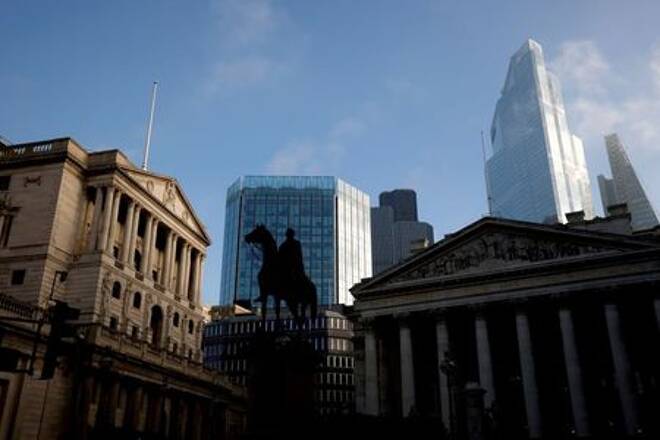Advertisement
Advertisement
Bank of England Tells Banks to Quantify Climate Risks
By:
LONDON (Reuters) -Banks and insurers are underestimating the potential impact of climate change on their business and should quantify risks from targeting 'net zero' carbon emissions by 2050, Bank of England executive director Sarah Breeden said on Tuesday.
By Huw Jones
Banks and insurers hold assets such as stocks and bonds for companies that face “physical” risks like fires and floods due to climate change, as well as being exposed to costs of transition to a low-carbon economy.
“It is critical that financial firms recognise now that the race to net zero has started,” Breeden said in a speech.
“In support of their ambitions, and consistent with our expectations, they need to run climate scenarios as part of business as usual risk management and embed climate risk management within day-to-day decision-making.”
Green swans or sudden market shifts due to climate change were likely until the management of risks greatly improves, she said.
Climate activists have protested against HSBC and Barclays, urging them to stop financing investments in fossil fuels.
“I don’t think immediate divestment is part of an economy-wide solution,” Breeden said, adding that scenario analysis would help banks better spot companies that are becoming greener over time and those that are not getting the message.
The Network for Greening the Financial System (NGFS), a grouping of central banks, has compiled scenarios for banks to use and compare results, she said.
Breeden said the price of carbon should be as fundamental to investment decisions as interest rates.
Concerns, however, have been raised that Britain’s new carbon market following Brexit could be volatile, making it harder to rely on.
The BoE will launch its first climate-related stress test of banks and insurers in June to assess business model changes, but it won’t translate the outcome into any capital changes.
The main incentive for the economy to adapt to climate change was government policy rather than “back-seat driving” like imposing punitive capital charges or granting capital relief, Breeden said.
(Reporting by Huw Jones, editing by Louise Heavens and Gabriela Baczynska)
About the Author
Reuterscontributor
Reuters, the news and media division of Thomson Reuters, is the world’s largest international multimedia news provider reaching more than one billion people every day. Reuters provides trusted business, financial, national, and international news to professionals via Thomson Reuters desktops, the world's media organizations, and directly to consumers at Reuters.com and via Reuters TV. Learn more about Thomson Reuters products:
Advertisement
